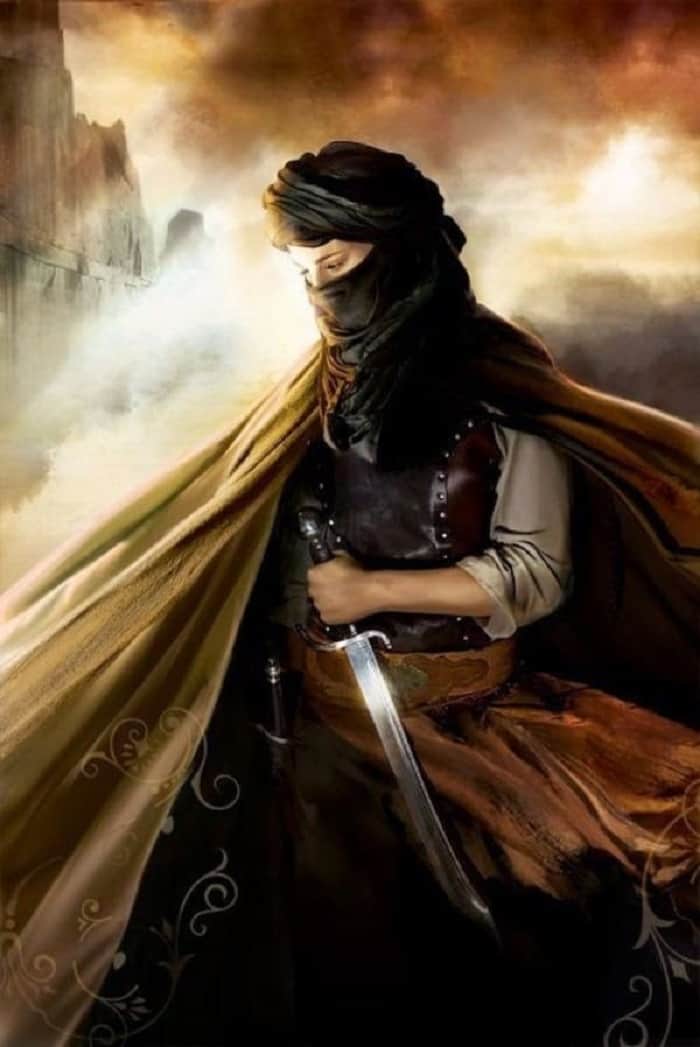
ADVERTISEMENT - CONTINUE READING BELOW
15. The Muslim Warrior Poetess
Khawlah bint al Azwar (flourished 600s AD) was the daughter of an Arab tribal chief, who allowed her to learn alongside her brother warrior skills such as swordsmanship and horseback riding, as well as poetry. When her brother converted to the then-new religion of Islam, Khawlah also adopted the new faith. She first gained note as a warrior in 634, during the Arab siege of Damascus, when her brother was wounded and taken prisoner by the city’s Byzantine defenders. Khawlah donned armor and arms, and covering her face with a shawl to hide her gender, charged the Byzantine rearguard alone. She fought until reinforcements arrived to rescue her brother from captivity. At the battle of Ajnadayn later that year, her brother was again taken prisoner, and Khawlah again rushed to his rescue, covering her face and charging in alone until reinforcements arrived.
By the time the Byzantines were beaten, Khawlah was drenched in blood. The army’s commander, Khalid ibn al Walid, unaware of her identity or gender, ordered her to remove the shawl from her face. When she finally relented, he ordered her to the rear, but soon changed his mind and put her in command of a mobile column to pursue the fleeing Byzantines. On another occasion, Khawlah was herself captured along with other women, and taken to an enemy general’s tent, who divided the captives among his officers as slaves and concubines. Khawlah roused the captives, and seizing tent poles, they fell upon their captors, and she made her escape in the ensuing confusion. Nowadays, she is remembered as one of the greatest female warriors in the history of Islam, with hardly any sizeable city in the Muslim world that does not have at least one school named after her.

